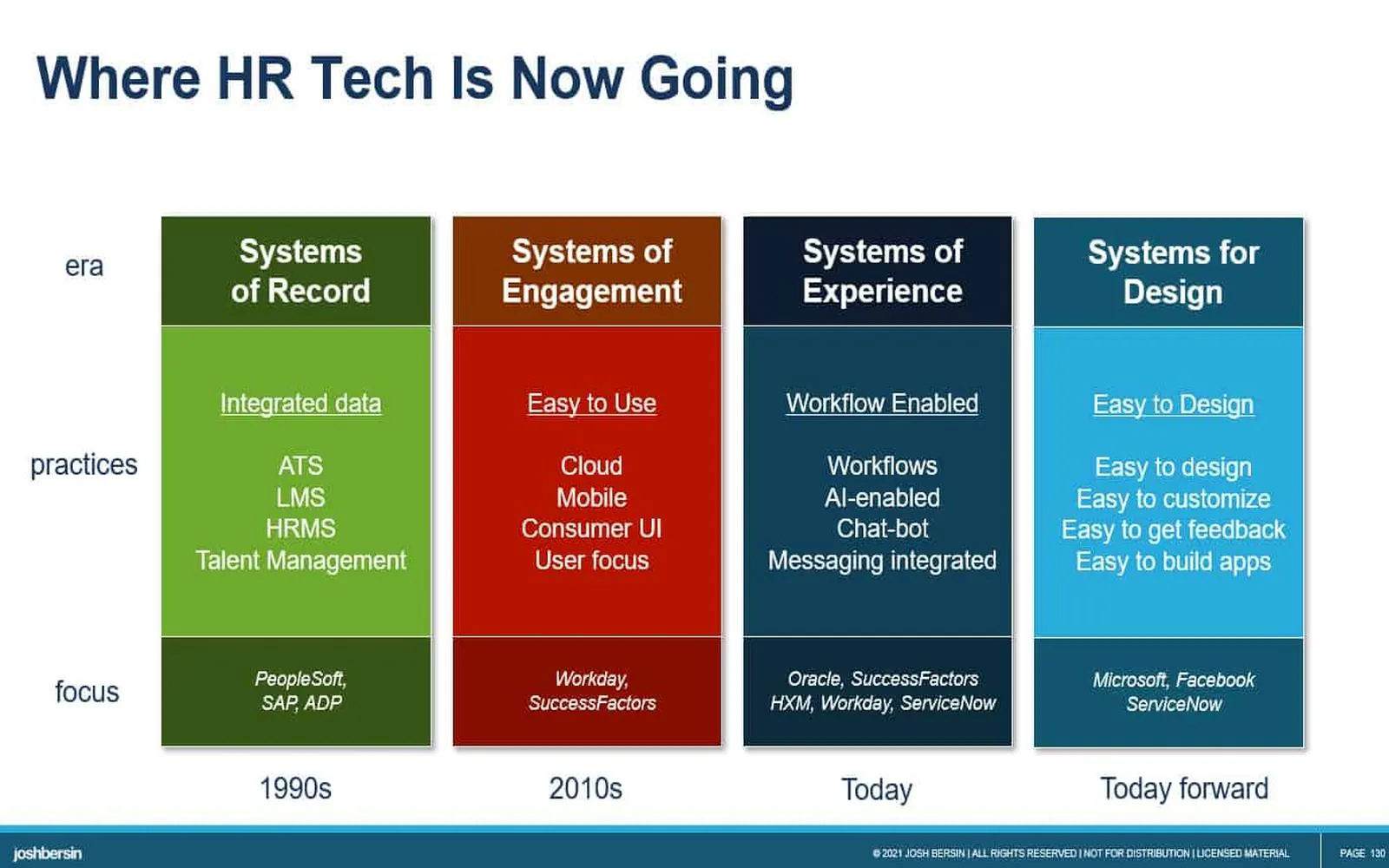Understanding Workplace Frenemies
In every office, you may encounter different types of workplace frenemy dynamics. A "frenemy" is someone who pretends to be your friend while harboring jealousy or rivalry. Identifying what type of frenemy you or your colleagues might be can help improve workplace relationships and overall productivity. Below, we explore various types of workplace frenemies and provide a chart to help you identify them.
Types of Workplace Frenemies
The following chart outlines the various types of workplace frenemies. Each type possesses unique characteristics, making them distinguishable from one another. By understanding these types, you can navigate your workplace relationships more effectively.
| Frenemy Type | Characteristics | How to Manage |
|---|---|---|
| The Saboteur | Undermines your efforts, spreads rumors, and may take credit for your work. | Document your achievements and maintain open communication with your supervisor. |
| The Backhanded Complimenter | Offers compliments that are actually veiled insults, creating confusion. | Address the comments directly and clarify intentions to avoid misunderstandings. |
| The Competitive Colleague | Always seeks to outshine you, creating a toxic competitive environment. | Focus on collaboration and building a supportive network. |
| The Gossip | Spreads unverified information, causing drama and mistrust among team members. | Encourage open dialogue and establish trust within your team to combat gossip. |
| The Two-Faced Friend | Acts friendly to your face but may talk negatively about you behind your back. | Be cautious in sharing personal information and maintain professional boundaries. |
Identifying Your Workplace Frenemy Type
Now that you understand the various types of workplace frenemies, it's essential to consider which type you might fall into. Self-reflection can help you recognize your behavior and its impact on your professional relationships. Below is a set of questions to help you identify your workplace frenemy type:
- Do you often find yourself competing with colleagues for recognition?
- Are you known for making comments that seem supportive but can hurt others?
- Do you share information about your colleagues that could be considered gossip?
- How do you react when someone else gets credit for your work?
- Do you feel the need to undermine others to elevate yourself?
Answering these questions honestly can provide valuable insights into your behavior and help you adjust any negative patterns. The goal should always be to foster a positive work environment that encourages teamwork and trust.
How to Deal with Frenemies in the Workplace
Dealing with workplace frenemies can be challenging, but there are strategies you can implement to manage these relationships effectively. Here are some key approaches:
- Maintain Professionalism: Always keep your interactions professional. Avoid engaging in gossip or negative talk about others.
- Set Boundaries: Protect your personal space and be cautious about what you share with colleagues.
- Communicate Openly: If you feel uncomfortable about someone's behavior, address it directly and constructively.
- Focus on Collaboration: Shift the focus from competition to collaboration. Work together on projects to build trust and rapport.
- Seek Support: If a frenemy's behavior affects your performance, speak with a supervisor or HR for guidance.
Conclusion
Understanding which type of workplace frenemy you are can lead to improved relationships and a more positive work environment. By recognizing the traits and behaviors associated with each type, you can take proactive steps to mitigate conflicts and foster a culture of support and collaboration. Remember, the ultimate goal is to create an atmosphere where everyone can thrive and succeed together!




